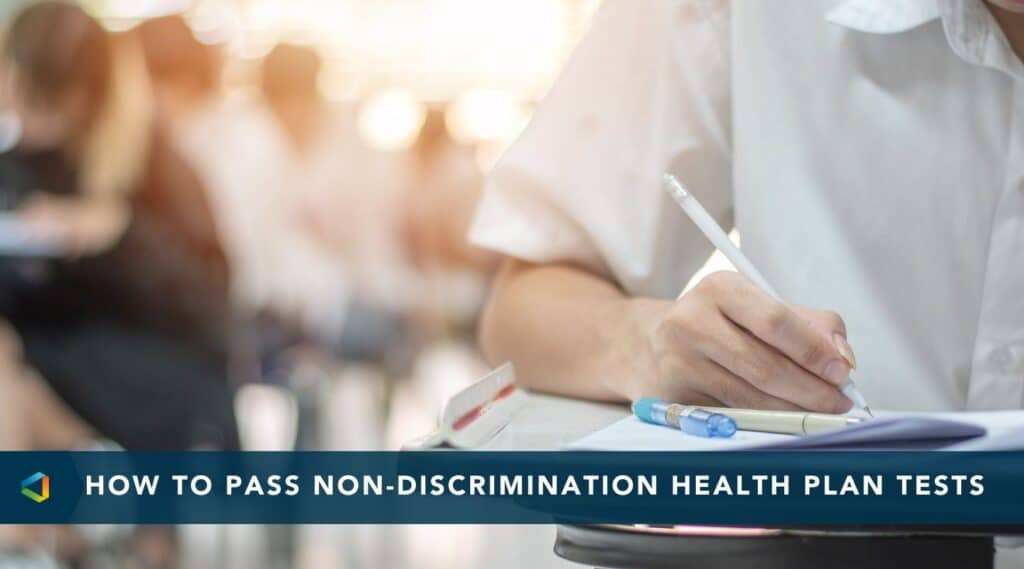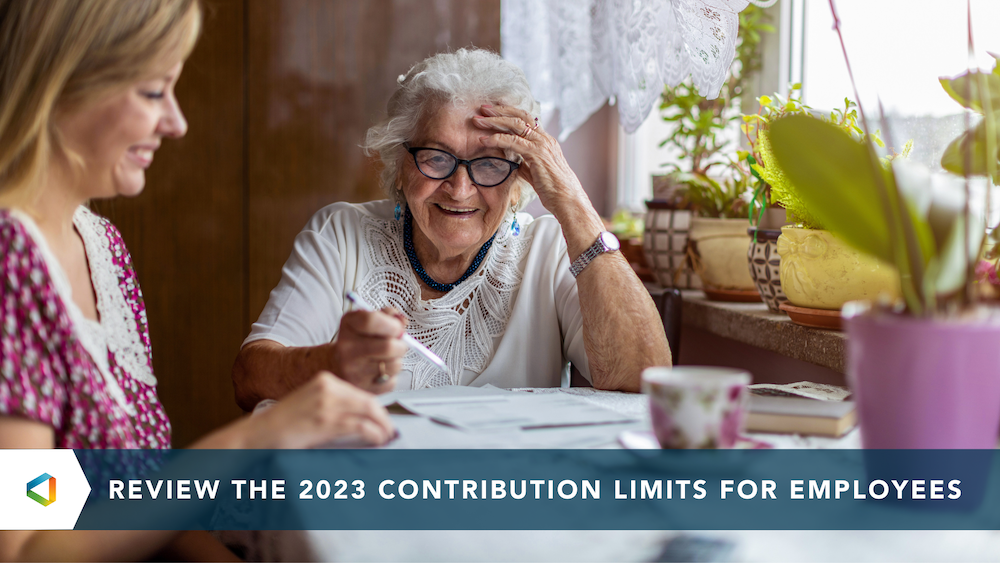Compliance Confidence
Considerations in Implementing Recent FSA and Cafeteria Plan Relief
Considerations in Implementing Recent FSA and Cafeteria Plan Relief
The Consolidated Appropriations Act, 2021 (CAA) introduced greater flexibility for employees with temporary permissive provisions involving flexible spending accounts (FSAs) and dependent care assistance programs (DCAPs) but left many questions unanswered.
Accordingly, the IRS released Notice 2021-15 on February 18, 2021, to provide clarity and additional relief for cafeteria plans. This Notice, like prior notices in the time of COVID-19, attempts to respond to the continuing unanticipated needs of employees facing changes in the availability of medical and dependent care.
CAA Clarifications
- FSA/DCAP carryover of unused amounts from plan years ending in 2020 and 2021 OR
FSA/DCAP grace period up to 12 months following end of plan years ending in 2020 or 2021 - Available to plans with or without a grace period* or carryover**.
*Grace period = commonly a two month and fifteen-day period following the end of the plan year where remaining FSA funds from the prior plan year must be used before being forfeited.
**Carryover = permits employees to carry over up to $550 (current limit) of unused FSA funds from the prior plan year to the next plan year - Employers may limit the amount (can be the amount remaining, or less, or up to a specified date)
- Employers may permit, on an employee-by-employee basis, an opt out of carryover/grace period to preserve HSA eligibility
- Amounts carried over/available during grace period are not considered for Section 125 nondiscrimination rules
- 2020 and 2021 terminated FSA participants’ continued participation in FSA through end of plan year
- Employers may limit the length of the post-termination period
- Employers may limit the balance to the participant’s contributions at the time of termination
- Extended coverage beyond the plan year is only permitted if the plan has grace period
- Special DCAP carryover relief for dependents aging out during pandemic
- Reimbursements are permitted in the 2020 or 2021 plan year for aged out dependents* if carryover/grace period provision mentioned above implemented
*Aged out dependents = dependent children who turned 14 (the CAA temporarily increased the maximum age of dependents eligible for DCAP expenses from 13 to 14) - Employers are not obligated to adopt the carryover/grace period for incurring claims (described above) to implement this special DCAP carryover relief and vice versa
- Reimbursements are permitted in the 2020 or 2021 plan year for aged out dependents* if carryover/grace period provision mentioned above implemented
New Cafeteria Plan Relief
- Prospective mid-year election changes for cafeteria plans ending in 2021
- Revoke, increase, or decrease existing FSA/DCAP elections (initial elections are permitted)
- Elect, revoke and enroll in different health coverage by the employer, or revoke and enroll in different health coverage not through the employer (mirrors IRS Notice 2020-29)
- Reimbursements for over the counter (OTC) medications and menstrual care products
- Employer may amend plan to expand permitted reimbursements retroactively to January 1, 2020
As the pandemic’s national emergency period continues, regulators have scrambled to craft new guidance to alleviate the many difficulties individuals may continue to face. Aiming to balance the need for flexibility of choice for individuals and ability to administer these changes for employers, equitable satisfaction remains necessarily elusive. Employers must consider the following and exercise caution if implementing the optional guidance.
Employer Considerations |
Employee Considerations |
|
Administration |
Coordination with carrier/stop-loss provider/TPA for following:
| Potential increased flexibility in benefit offerings |
Finance |
Reduction of adverse selection by limiting elections to circumstances where coverage will be increased or improved due to election Limiting number of times an election outside of status changes is permitted or even up to a certain date during plan year can mitigate financial exposure |
Potential reduction in lost funds and financial burden from unanticipated need for medical care Potential options to preserve HSA eligibility
|
Nondiscrimination |
Nondiscrimination rules under Section 125 for cafeteria plans and Section 129 for dependent care assistance plans when adopting relief for certain health FSA or DCAP participants (not applicable to amounts carried over or available during extended claims period) | Potential exclusion from relief or adverse tax consequences if applicable nondiscrimination test fails |




